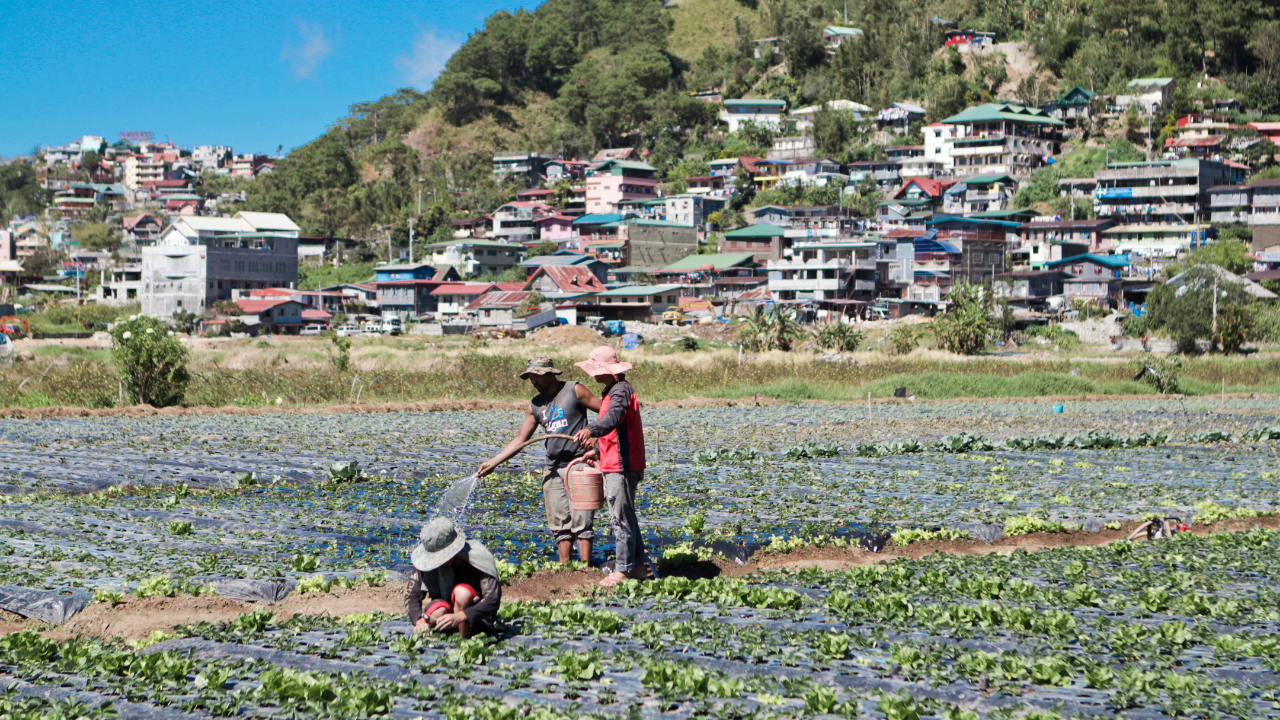Making import liberalization work for our farmers
To make import liberalization work, government must listen to the private sector. For agriculture, attention should be given to the entire value chain, especially the farmers and fisherfolk. They should be heard, instead of ignored. The government must not act like it knows much more than them.
Import liberalization advocates free trade, but this must be within the context of fair trade. Free trade is favorable, assuming a market is with few imperfections.
Unfortunately, markets in developing countries have several market imperfections. Cartels abound and illegal collusion often happens. Import information is not readily available and support services are sorely lacking.
Rice tariffication
Several candidates in the coming elections say they are against the rice tariffication law (RTL). But to go against the idea of tariffication will bring us out of the frying pan into the fire.
We do not want the former practice of a government agency deciding how much rice we should import and when. This has only resulted in corruption, wrong decisions and huge revenue losses. Tariffication is much better, with the private sector and market forces determining the critical numbers.
Article continues after this advertisementTariffs must also be at the appropriate level. A much too high tariff will kill the motivation to improve. They protect “sacred cows,” who make money from their inefficiencies at the expense of our consumers. On the other hand, too low tariffs condemn our producers to losing to cheap imports from countries that have advantages we do not have. The result is fewer jobs and deeper poverty.
Article continues after this advertisementThe solution is to have a correct level of tariff that will force our producers to be more efficient (of course with the necessary support services from the government.)
In the case of rice, after a 24 year-postponement, the Philippines finally agreed to a 35-percent rice tariff prescribed by the World Trade Organization (WTO).
In those 24 years, we should have already prepared our rice farmers.
When a too low tariff situation occurs, rendering our producers uncompetitive, both the WTO and our own law (Safeguard Measures Act, or Republic Act No. 8800) allow us to use safeguards. This increases the effective tariff or protection rate, albeit temporarily, under two conditions: an import surge and the surge’s damage to industry.
Safeguards
Back when I was president of Cement Manufacturers Association of the Philippines, we got a similar safeguard, which prevented the cement industry from declining.
Requests from Alyansa Agrikultura and Federation of Free Farmers for the government to put in place safeguards for farmers fell on deaf ears.
Consequently, while retail prices decreased by 2 percent after tariffication (not considering 2018, when rice imports were unusually delayed), farmer incomes deteriorated by 23 percent. They went from P28,000 in 2017 (again, not considering 2018, when incomes were unusually high) down to P22,420 in 2020. These are annual incomes, by the way, and very far below the monthly P10,481 poverty line for a family of five.
The government has, up to now, failed to provide this safeguard measure.
On a further note, using the import liberalization and free trade rationale, the RTL took away critical National Food Authority rice monitoring functions. There is no longer any effective monitoring of the supply situation, hoarding, misclassification and other illegal trade activities. This absence of a check-and-balance system has led to more abuses in the rice industry.
If not properly implemented, import liberalization can destroy our industries. The practice of severe and sudden tariff reductions to encourage imports should be stopped.
To stress, import liberalization is favorable, but responsible free trade must be done in the context of fair trade. INQ
The author is Agriwatch chair, former secretary of presidential flagship programs and projects, and formerundersecretary of the Department of Agriculture and the Department of Trade and Industry. Contact is [email protected].
